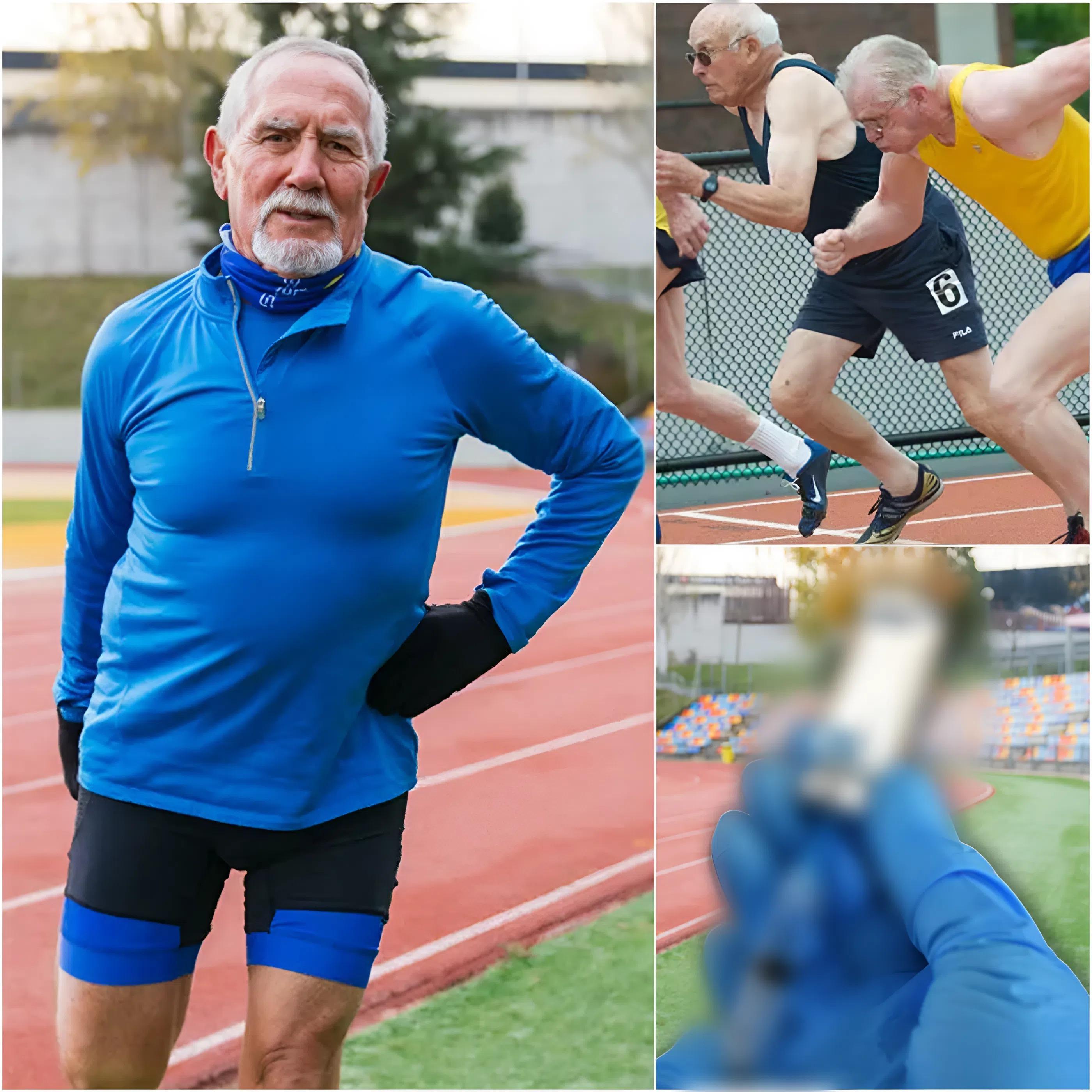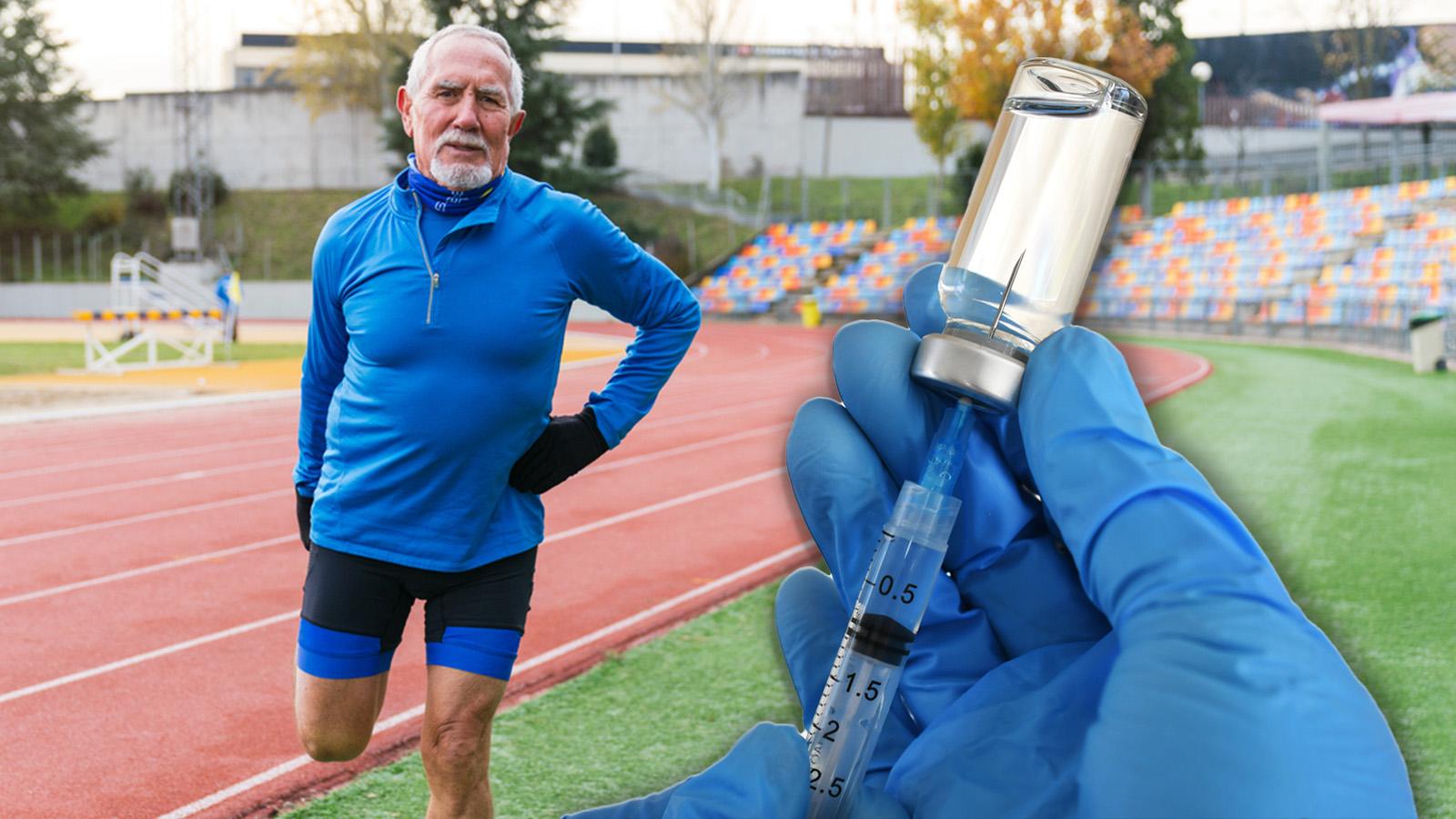In a shocking turn of events, 69-year-old American athlete Michael Hooker has been handed a three-year suspension after testing positive for banned substances at the US Masters Outdoor Track and Field Championships. The veteran shot putter, competing in the M65 category, claimed the title with an impressive throw of 12.55 meters, only to have his victory tainted by the detection of testosterone and mesterolone in his system. The findings, confirmed through an Isotope Ratio Mass Spectrometry (IRMS) test, have sent ripples through the athletics community, marking Hooker as one of the oldest athletes ever implicated in a doping scandal.

The news has stunned fans and fellow competitors alike, as masters athletics—designed for athletes aged 35 and older—is often celebrated for its emphasis on passion, perseverance, and the joy of competition. Hooker’s case, however, has cast a shadow over the sport, reigniting debates about the prevalence of doping in veteran competitions. The use of synthetic anabolic steroids, which are banned at all times by the World Anti-Doping Agency (WADA) and World Athletics, raises serious questions about the integrity of masters events, where athletes are expected to embody the spirit of fair play.

Hooker’s positive test came to light following routine drug testing at the championships. The IRMS test, a highly sensitive method used to detect synthetic substances, confirmed the presence of testosterone and mesterolone, both of which are known for their performance-enhancing effects. Initially facing a four-year ban under WADA regulations, Hooker’s penalty was reduced to three years after he admitted to the violation, a provision allowed under the World Anti-Doping Code for athletes who accept responsibility. His suspension officially began on August 22, 2025, and will remain in effect until 2028, effectively sidelining him from competitive athletics well into his 70s.

The case has sparked widespread discussion about the motivations behind doping in masters athletics. Unlike professional sports, where financial rewards and sponsorships often drive competitors, masters athletes typically compete for personal fulfillment, camaraderie, and the thrill of pushing their physical limits. Yet, the allure of victory and the pressure to outperform peers can lead some to seek an edge through banned substances. Hooker’s decision to use testosterone and mesterolone, which enhance muscle strength and recovery, suggests a calculated effort to gain a competitive advantage, undermining the ethos of the masters category.
This incident is not an isolated one. While doping scandals are less common in masters athletics than in elite professional sports, they are not unheard of. The pursuit of records and titles, even in age-group competitions, can tempt athletes to cross ethical lines. Critics argue that the relatively lax oversight in masters events, compared to professional circuits, may create opportunities for such violations to go undetected. Hooker’s case, however, demonstrates that anti-doping authorities remain vigilant, with testing protocols robust enough to catch even the most unlikely offenders.

The broader implications of this scandal are significant. For many masters athletes, the sport represents a chance to defy age, stay active, and inspire others. Hooker’s suspension risks tarnishing this image, fueling skepticism about the authenticity of performances in the category. It also underscores the need for greater education and awareness about anti-doping regulations among veteran athletes, many of whom may not fully understand the rules or the consequences of non-compliance.
As the athletics community grapples with this controversy, questions linger about how to preserve the integrity of masters competitions. Some advocate for stricter testing and harsher penalties to deter doping, while others emphasize the importance of fostering a culture of clean sport through education and support. For now, Hooker’s case serves as a sobering reminder that the temptation to cheat can persist, even among those competing for the love of the game.
The fallout from this scandal will likely resonate for years, both for Hooker and the masters athletics community. As the sport moves forward, stakeholders must confront the challenge of balancing competitive ambition with the principles of fair play, ensuring that the spirit of masters athletics remains untarnished.




